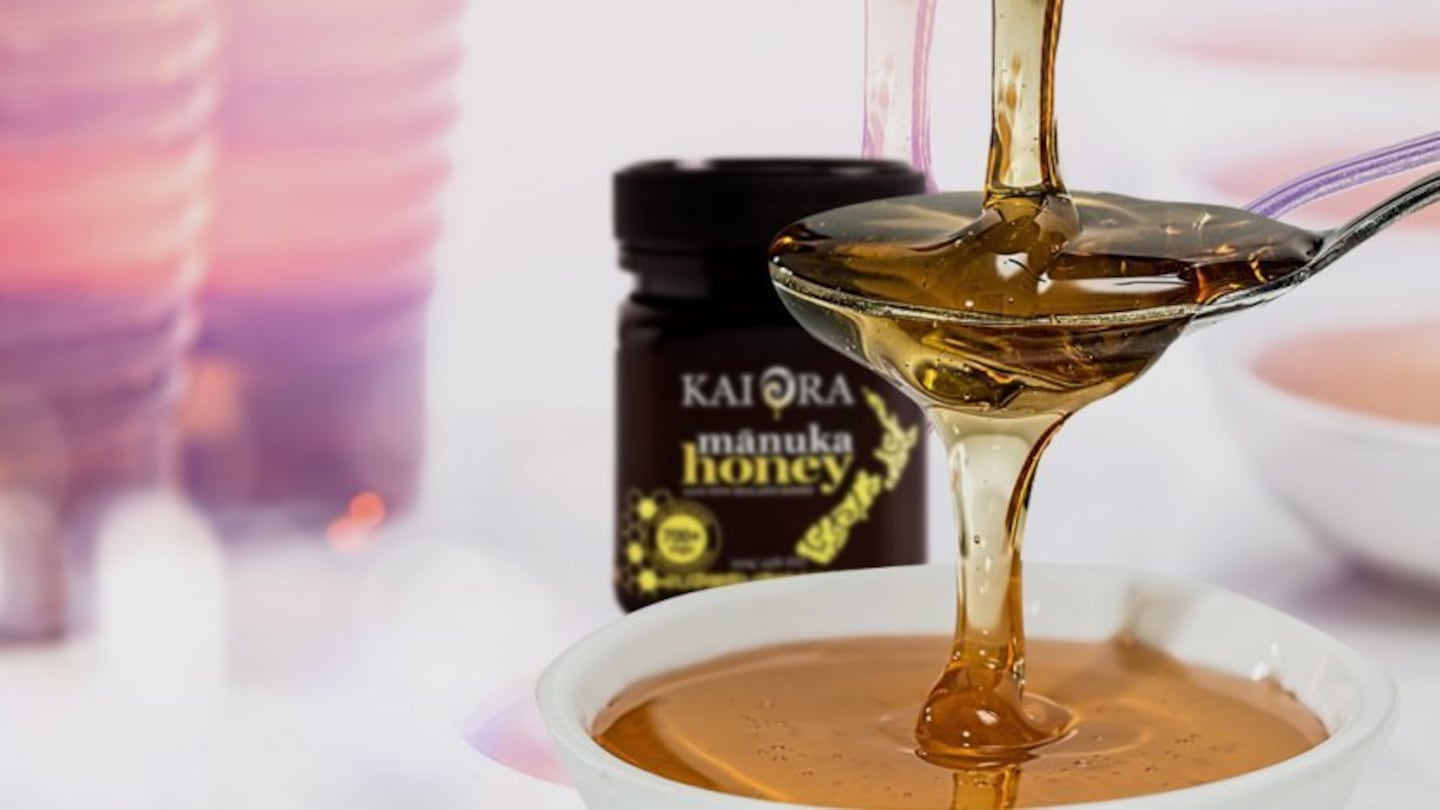Kaitiaki of the term Mānuka are praising the European Union’s recognition of the word as unique to Aotearoa, in the recently signed free-trade agreement signed between New Zealand and the EU.
The Mānuka Charitable Trust has been battling to protect the words Manuka and Mānuka in British courts for several years, against Australian producers arguing their honey should be allowed to be called Manuka or Mānuka too.
“This is a win for all New Zealanders. It reflects the importance and high value of Mānuka to Māori,” Manuka Charitable Trust trustee Paul Morgan said.
“Our role as kaitiaki (guardian), our reo Māori (language) and the precious taonga (treasure) we have in Mānuka has been respected... The trust is delighted.”
The deal will provide duty-free access to 97 per cent of Aotearoa exports to the EU, with export revenue predicted to top around $1.8 billion a year.
Significant differences
The trade news comes amid revelations from new research that Leptospermum scoparium (tea) trees grown in Aotearoa, and the honey derived from them may have significant biological differences from that produced in Australia.
Tony Wright, who works with Apiculture New Zealand, the UMF Honey Association, Te Pitau Ltd and the Mānuka Honey Appellation Society says new Rapid Evaporative Ionization Mass Spectrometry (REIMS) testing which analyses honey’s chemical composition, has revealed large variances between Aotearoa and Australian honey.
“The Australians can’t say that their leptospermum honey is the same as ours,” Wright told RNZ
He says there is very little variance in Mānuka produced throughout Aotearoa.
“It’s another one of those proof points that says what’s happened here in New Zealand with our unique environment has shifted the genetics in a way that the product is different.”
Apiculture New Zealand chief executive Karin Kos says the decision cemented by the new trade agreement is a win-win for both Aotearoa and the EU bloc.
Genuine Aotearoa honey
“For EU consumers, it means they can trust they are getting genuine honey produced in Aotearoa New Zealand from our Mānuka trees,” she said.
Morgan praised negotiators who worked on the Mānuka inclusions in the new deal which he says was "inspired by the efforts of our tipuna through Wai262 and Te Tiriti".
“The NZ-EU FTA preserves the unique status of Te Tiriti o Waitangi and includes a Māori trade and economic cooperation chapter to help advance Māori economic aspirations and wellbeing.
“We are resolute in our commitment to protect the mana, mauri and value of Aotearoa New Zealand’s unique taonga flora species, including Mānuka for all New Zealanders,” Morgan added.
The group reiterated its plans to continue to fight for Mānuka to be recognised as a term unique to Aotearoa worldwide, similar to how the term champagne is unique to sparkling wine produced in specific regions of France.
“Beyond this deal with the EU, our goal remains to protect the term Manuka / Mānuka internationally so that it may only be lawfully used on products containing Mānuka honey from Aotearoa New Zealand,” Morgan said.
Tariffs on Mānuka honey will be removed from the commencement of the deal; all other honey tariffs will be removed after three years.




